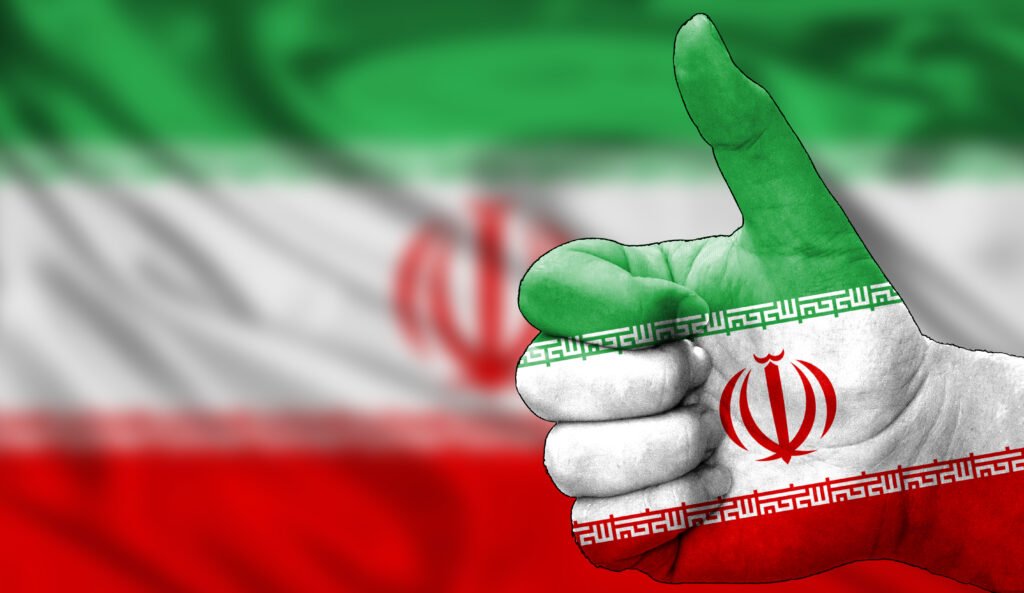Iran-Israel War Escalation
A Flashpoint Ignites: June 13, 2025
The Iran-Israel war erupted on June 13, 2025, when Israel launched Operation Rising Lion, a sweeping airstrike campaign targeting Iran’s nuclear and military infrastructure. The strikes hit key sites like Natanz, Fordow, and Isfahan, triggering a fierce Iranian response. The conflict has since spiralled into a regional crisis, drawing in the United States and raising fears of a broader war.
U.S. Enters the Fray: Operation Midnight Hammer
On June 22, the U.S. officially entered the conflict with Operation Midnight Hammer, targeting Iran’s fortified nuclear sites using bunker-busting bombs and submarine-launched missiles. President Donald Trump stated the strikes were necessary to prevent Iran from acquiring nuclear weapons. The Fordow facility, buried deep beneath a mountain, was among the primary targets, alongside Natanz and Isfahan.
Iran’s Retaliation and Proxy Threats
Iran responded by launching over 450 missiles and 1,000 drones toward Israeli cities. Tehran declared all U.S. personnel in the region as legitimate targets. Meanwhile, Hezbollah and Houthi rebels have expressed support for Iran, threatening to expand the warfront. The conflict has already claimed hundreds of lives and displaced thousands across both nations.
Civilian Toll and Israeli Counterstrikes
Israel’s counteroffensive has killed several IRGC commanders and nuclear scientists. However, Iranian missile strikes have caused civilian casualties in Tel Aviv and Haifa, prompting Israel to restrict airspace and limit outbound flights. The Israeli government has vowed to continue its campaign “for as long as it takes,” signaling a prolonged engagement.
Global Reactions and Economic Shockwaves
The Pentagon has deployed warplanes, aircraft carriers, and missile interceptors to the region. While the U.S. claims a defensive posture, its involvement has drawn criticism from China, France, and Turkey, all urging de-escalation. Meanwhile, gold prices have surged as investors seek safe havens amid the uncertainty. Oil prices have also spiked, adding pressure to global markets.
Nuclear Fears and the Road Ahead
Despite the strikes, the IAEA reports no radiation leaks. However, concerns remain about Iran’s ability to rebuild its nuclear program. Trump has warned of “everlasting consequences” if Iran retaliates further. The international community remains divided, with some calling for immediate ceasefire talks and others backing continued military pressure.
Iran’s Foreign Minister Abbas Araghchi Media Talk
Iran’s Foreign Minister Abbas Araghchi delivered a forceful and wide-ranging press conference on June 22, 2025, in Istanbul, just hours after U.S. airstrikes targeted Iran’s nuclear facilities. Here are the key highlights and complete details from his address:
1. Condemnation of U.S. and Israeli Strikes
Araghchi declared that the United States and Israel had crossed a “very big red line” by attacking Iran’s nuclear sites—Fordow, Natanz, and Isfahan. He labelled the strikes as “lawless and criminal”, asserting that they violated international law and Iran’s sovereignty.
“The events this morning are outrageous and will have everlasting consequences,” he said, warning that Iran would defend itself “by all means necessary”.
2. Rejection of Diplomacy Under Fire
He dismissed any calls for renewed negotiations, stating that diplomacy had been betrayed by the U.S. and that Iran could no longer trust the process. According to Araghchi, the U.S. gave a “green light” to Israel’s aggression, if not directly instructed it.
“They have proved that they are not men of diplomacy, and they only understand the language of threat and force,” he said.
3. Urgent Diplomatic Outreach to Russia
Araghchi announced he was heading to Moscow for high-level talks with President Vladimir Putin, scheduled for June 23. He emphasised that Iran and Russia had already synchronised their positions and had been in close consultation throughout recent months.
“We constantly consult with each other and coordinate our positions,” he noted, highlighting Russia’s role as a permanent member of the UN Security Council.
4. Call to the International Community
He urged the international community to take a clear stand, warning that silence would unravel the foundations of international law. Araghchi argued that the attacks were not just against Iran, but against the UN Charter itself.
“If the international community fails to condemn these actions, there will be nothing left of international law to uphold peace, security, and global stability,” he warned.
5. Coordination with China and Legal Action
Araghchi also mentioned that China and Russia were working on a draft resolution to present to the UN Security Council to prevent further hostile actions against Iran. He confirmed that Iran would pursue legal channels through international organisations to hold the U.S. accountable.
6. Emotional and Strategic Tone
In one of the most striking moments, Araghchi called Trump a “lawless bully” and accused him of dragging the world toward chaos. He warned that “humanity has come too far to return to the law of the jungle”, and that “urgent and decisive action” was now required.
Final Thoughts: A Region on Edge
The Iran-Israel war escalation has entered a dangerous new phase. With America’s entrance, the stakes have risen dramatically. As missiles fly and alliances harden, the world watches anxiously—hoping for diplomacy, but bracing for escalation. The coming days may determine whether this conflict remains regional or spirals into a global crisis.



